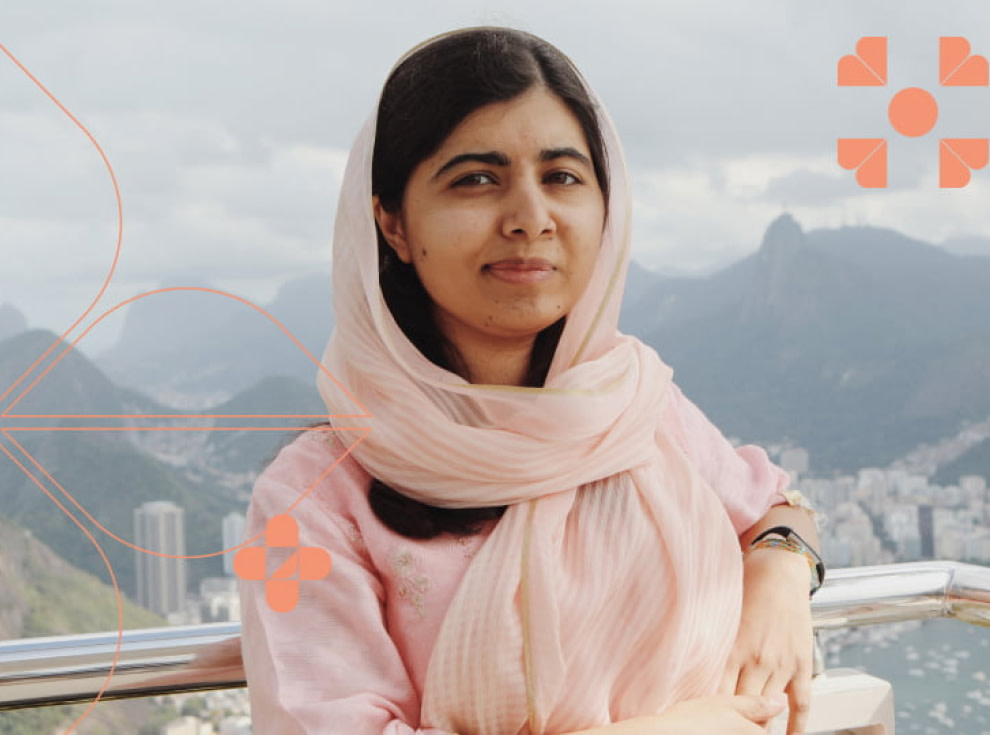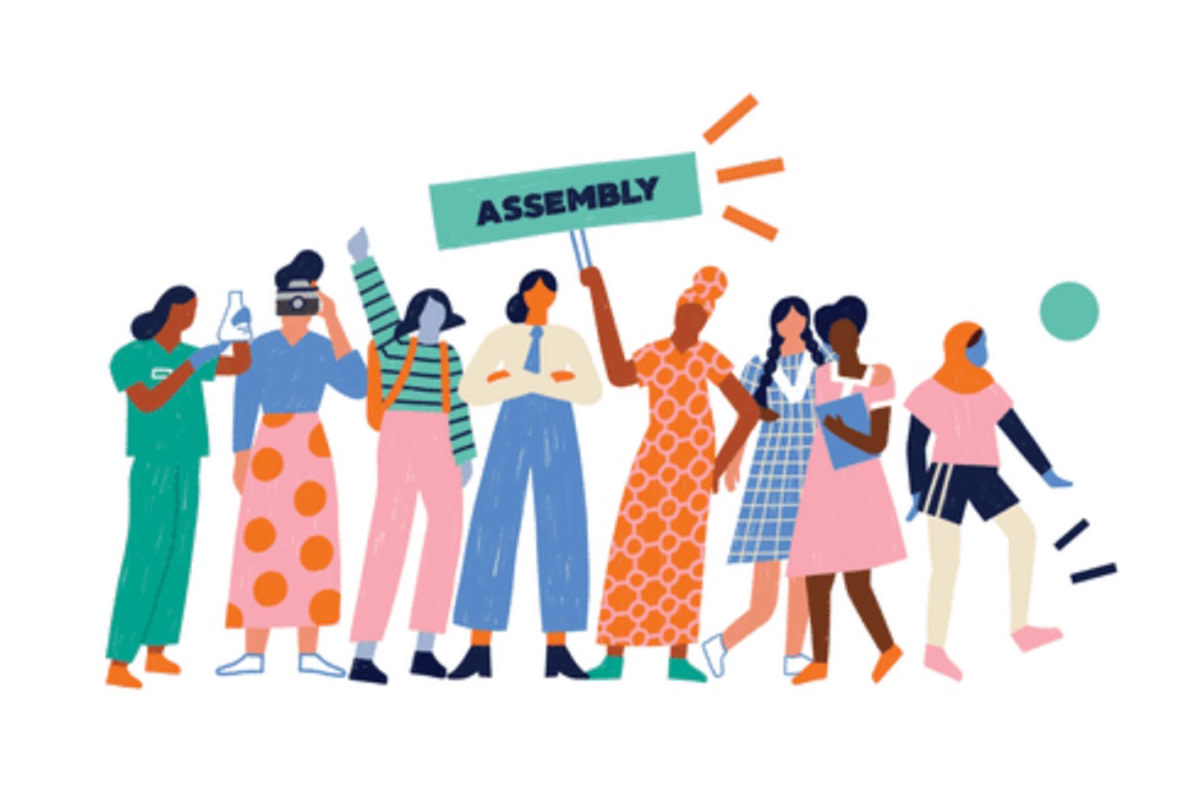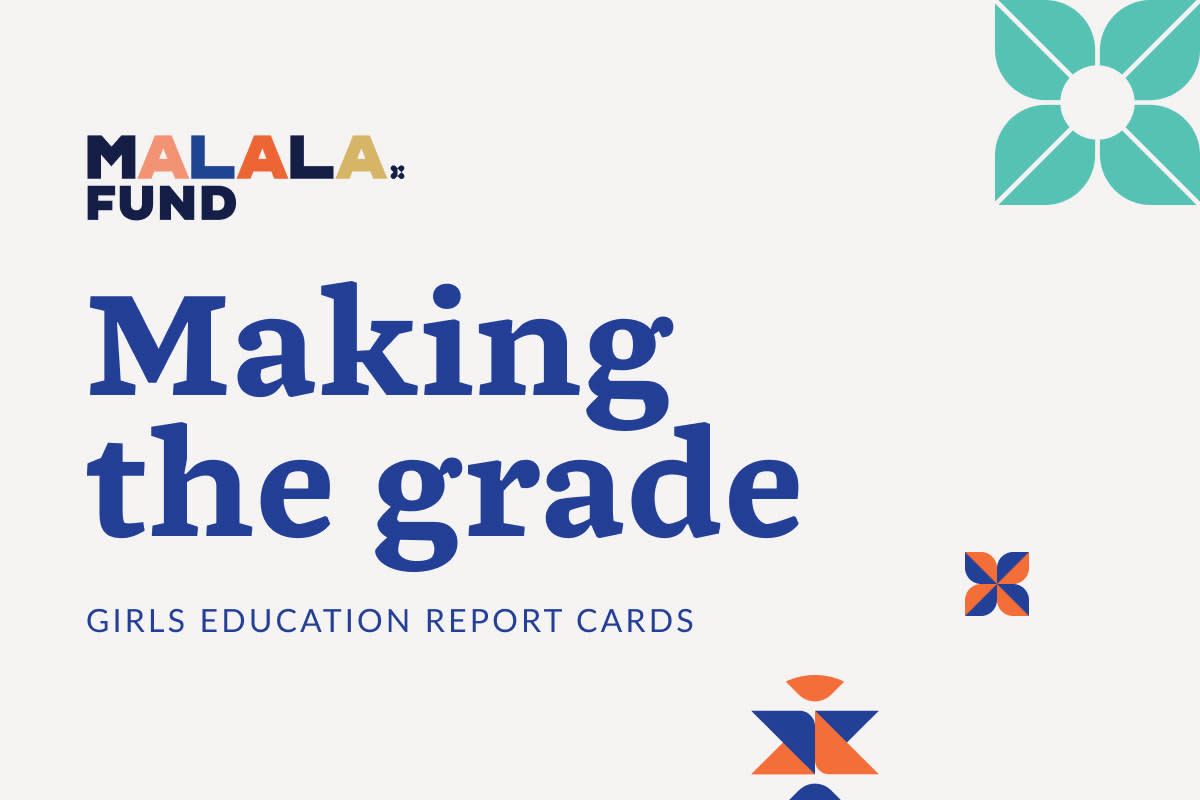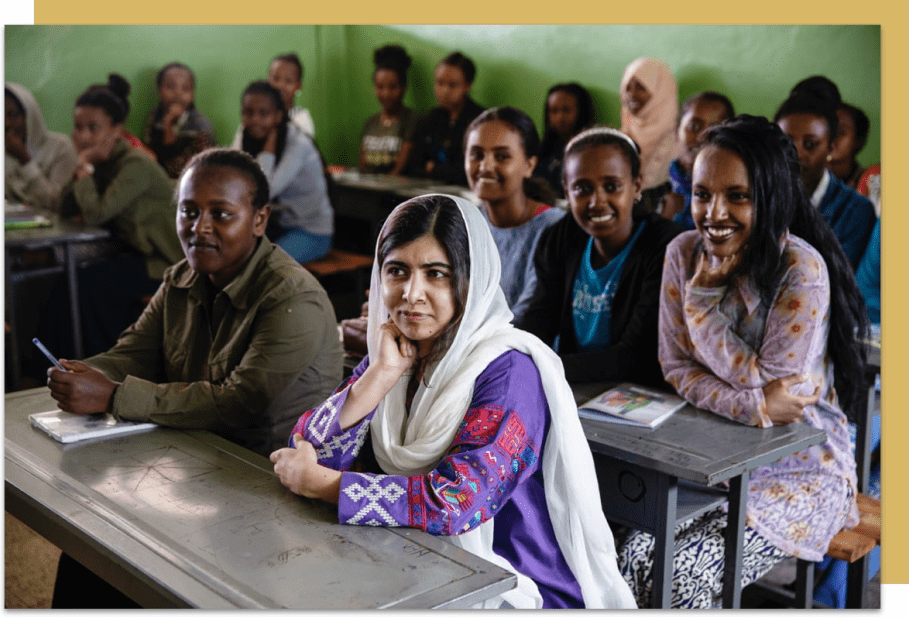"My stuttered speech became the voice of my people. And Malala’s clear voice spread like a crescendo."
New York, New York
Thank you to Emily for that beautiful introduction. Thank you to Dr. Grossman and the AIS staff, to Nolan and the AIS Board for honouring me tonight. I am so grateful. But I am more grateful for the amazing work you do every day to help children and adults find their voice.
I first heard of AIS from Emily about a year and a half ago. You told me you were a stutterer too. I couldn’t believe it. Today, I am honoured to call you and John our family friends.
Ladies and gentlemen. As far as I remember, I grew up with a speech impediment. It was an unfortunate and difficult condition for a son whose father was an awesome orator, teacher and preacher. And it was more painful being bullied and mimicked by my cousins and classmates.
As a stutterer, my journey is quite interesting. With my speech disorder, I knew I had two options:
First, to speak less or remain silent to avoid embarrassment.
Second, to be a good communicator in spite of my stuttering.
I chose the second option.
Three people helped me to speak up. The first person who helped me was myself. My own resilience and will power. I was determined to act and not to yield. I availed every speaking opportunity of my school and remained the best debater of schools in the whole district of Swat.
The second person who helped me was my father, my first teacher and supporter. He taught me Urdu and Persian poetry. He believed in me. He dreamt big for me.
When I was 13, I wanted to participate in a declamation contest at my school. I asked my father to write a speech for me. He was surprised and rather shocked. But I meant it. I insisted on my request. He wrote a speech and I learnt it by heart. I remember that on the speech competition day, I went to the podium and delivered my speech. I could not see the audience, but it went so well. My father was the first one to clap — and it was followed by a big round of applause from the rest of the audience. My father had turned my weakness into my strength.
The third person who supported me was my teacher. When I gave my speech that day, my math teacher came up to me after and whispered in my ear: "Ziauddin, you spread the fire.” His powerful words inspire me every day.
And on this special occasion, I must pay tribute to my late mother. I was hardly 5 years old when she took me on a long uphill hike to the top of the mountains. A holy saint was living there. My mother asked him to fix my stutter with his prayers and spiritual powers. How much it helped, I don’t know, but what I know for sure is that my mother was really anxious about my stutter because of how much she loved me. So I dedicate this award to my mother’s long hike to the top of the mountain.
And this award is about the power of our voices. From 2007 to 2009, the Taliban inflicted inhumane atrocities on our people. They burned more than 400 schools and banned girls’ education. They were equipped with suicide bombers and rocket launches. We had no weapons to fight them — the only weapon we had and the only weapons we believed in were our voices.
My stuttered speech became the voice of my people. And Malala’s clear voice spread like a crescendo.
So we may lose part or all of our sound system. But we should never lose our voice. We should always stand, speak and write for our rights, for equality and for justice.
As Malala once said, “When the whole world is silent, even one voice becomes powerful.”
Thank you.



